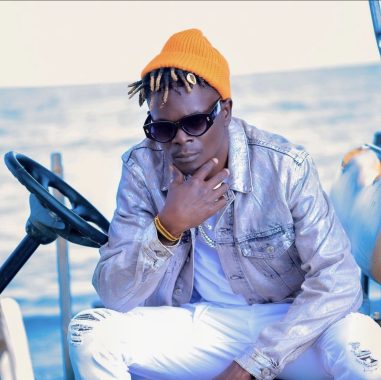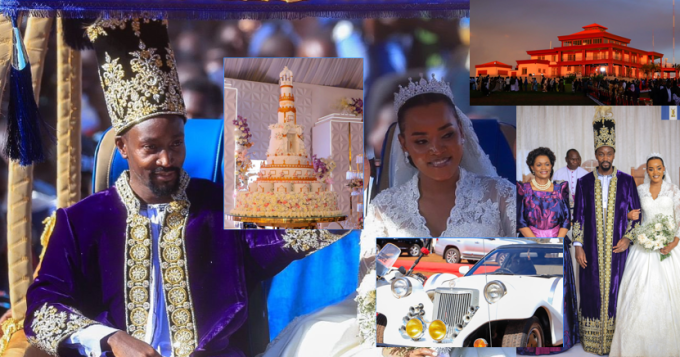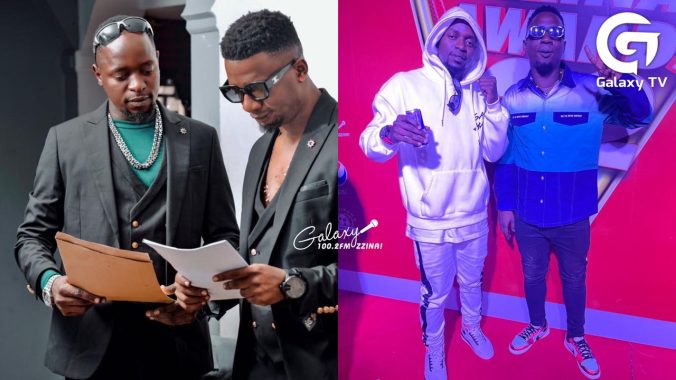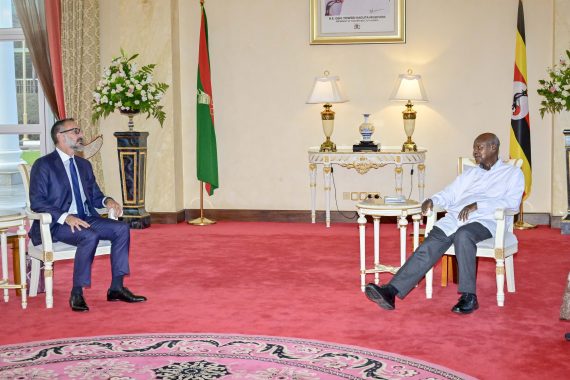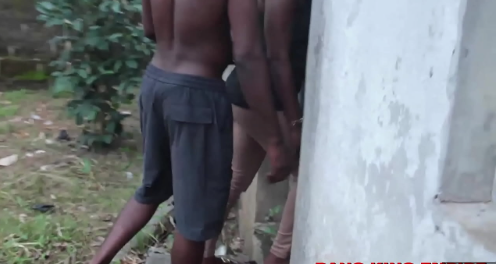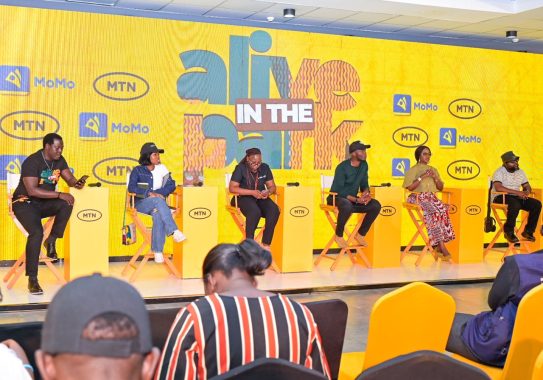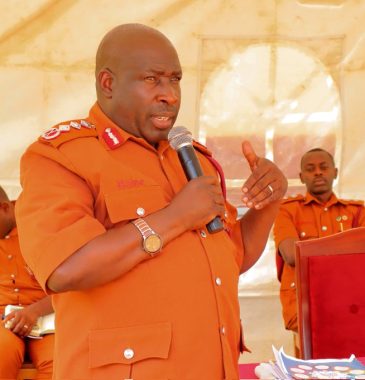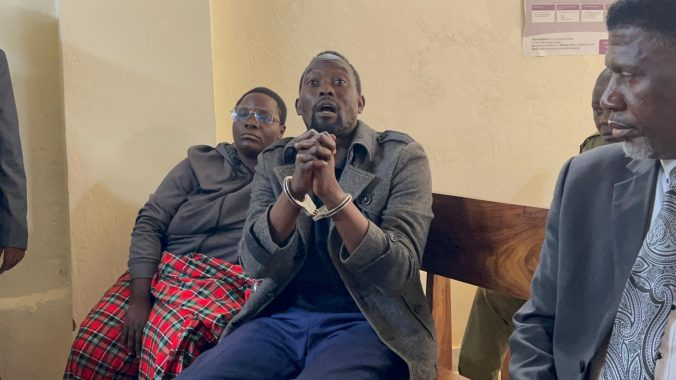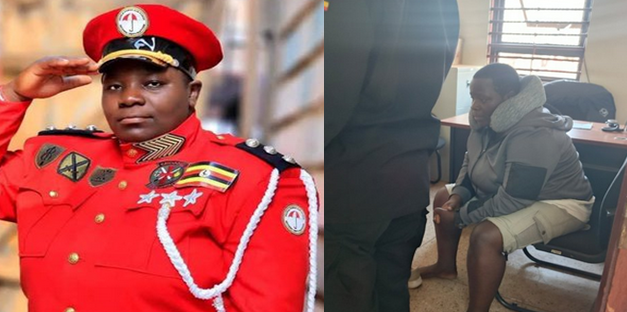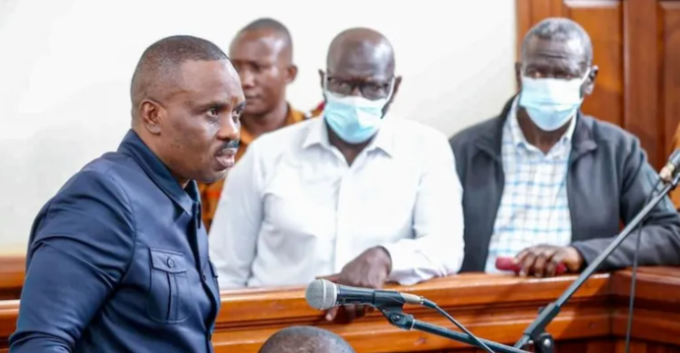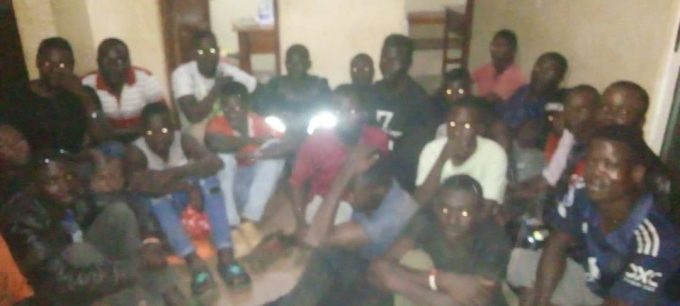King Saha journey through Uganda’s music industry is defined by the complex relationships he’s developed with his mentor, Jose Chameleone, and his nemesis, Bebe Cool, alongside his tensions with Eddy Kenzo and the Uganda Musicians Federation. The dynamics that fuel these tensions reveal Saha’s struggle for autonomy and respect in a competitive industry dominated by larger-than-life figures.
Mentorship Turned Rivalry: Jose Chameleone
King Saha’s relationship with Jose Chameleone began as that of mentor and mentee. Chameleone, one of Uganda’s music legends, was instrumental in helping King Saha rise in the industry. However, as Saha’s career progressed, cracks began to show. The mentorship, once filled with promise, deteriorated as Saha’s rise to prominence clashed with Chameleone’s desire to maintain his status as the king of Ugandan music.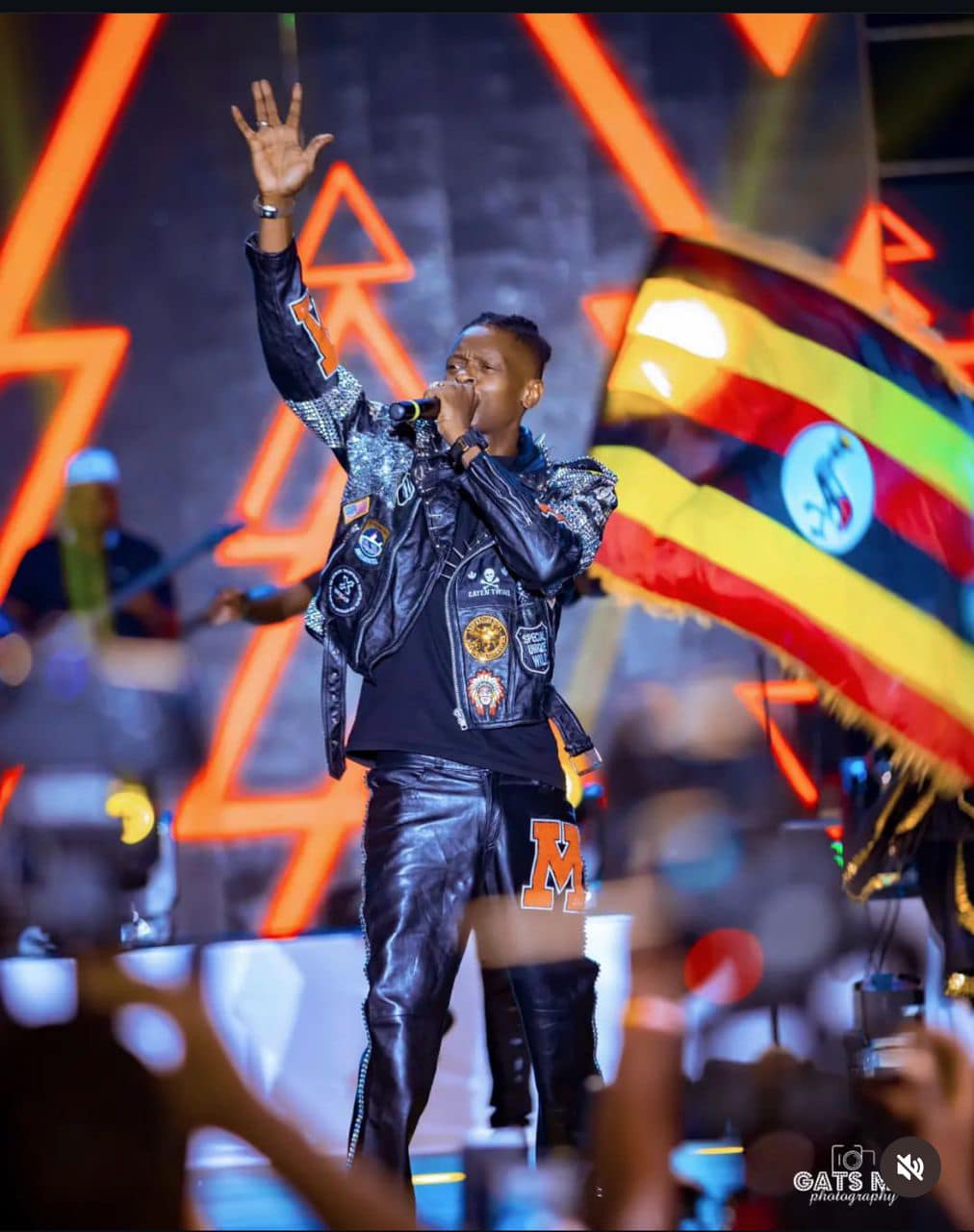 Chameleone, one of Uganda’s music legends, was instrumental in helping King Saha rise in the industry (Courtesy Picture)
Chameleone, one of Uganda’s music legends, was instrumental in helping King Saha rise in the industry (Courtesy Picture)
Chameleone, known for his assertive personality and control over his brand, may have unintentionally stifled Saha’s growth. Saha, on the other hand, has hinted at feeling undermined by Chameleone’s unwillingness to fully support his evolution, which has sparked disillusionment. This strain reflects a broader issue in the mentor-mentee dynamic, where success can create a shift in power that leads to rivalry. Saha’s frustration stems from his perception that Chameleone was more focused on preserving his legacy than nurturing Saha’s potential.
Public Feud with Bebe Cool
Saha’s animosity toward Bebe Cool, another iconic figure in Ugandan music, is more explosive and public. Their feud is fueled by a clash of egos and generational differences. Bebe Cool, a member of the older generation of musicians, has been known for his critical stance toward younger artists. King Saha, representing the newer wave, sees Bebe Cool’s remarks as dismissive and disrespectful. King Saha sees Bebe Cool’s remarks as dismissive and disrespectful (Courtesy Pic)
King Saha sees Bebe Cool’s remarks as dismissive and disrespectful (Courtesy Pic)
The two have engaged in public spats, exchanging insults through media platforms. Bebe Cool has belittled Saha’s music, while Saha has hit back, turning the rivalry into a personal matter. What makes this feud particularly intense is that both artists have cultivated large followings, and their disputes have played out under the public eye. Fans and media have fueled the tensions, making reconciliation seem unlikely.
Adding another layer is their political alignment. Bebe Cool has publicly supported President Museveni, while Saha, influenced by opposition figure Bobi Wine, has taken stances that suggest sympathy toward the opposition. In Uganda, music and politics are closely intertwined, and these ideological differences only deepen the chasm between the two artists.
Struggles for Dominance: The Generational Battle
King Saha’s battles with Chameleone and Bebe Cool can be seen as part of a larger struggle for relevance and dominance in Uganda’s music scene. Chameleone and Bebe Cool have long been central figures, but Saha, representing a new generation, is eager to carve out his own legacy. His frustration with both Chameleone and Bebe Cool stems from his belief that the older generation refuses to fully acknowledge or respect his contributions.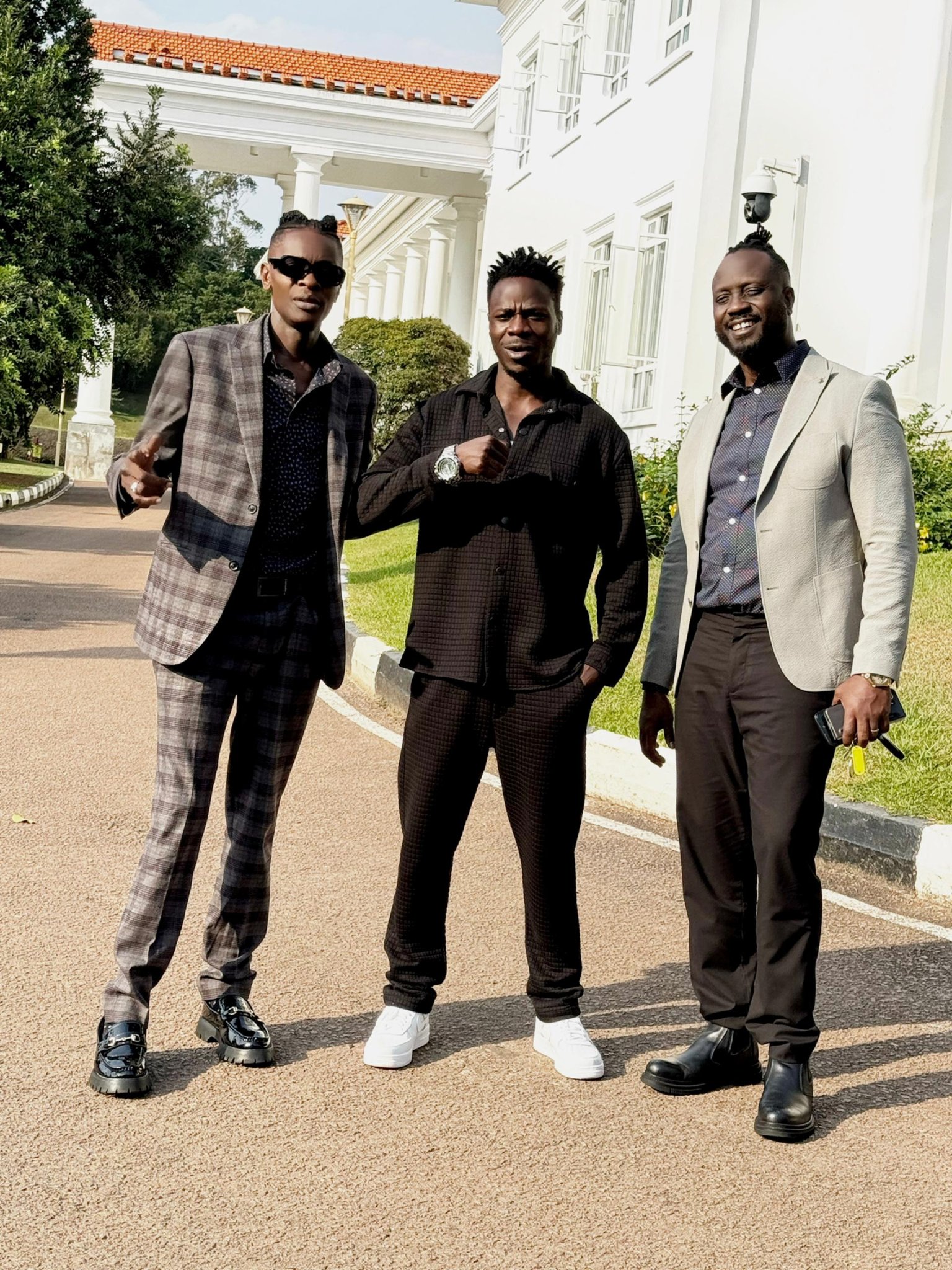 King Saha’s battles with Chameleone and Bebe Cool can be seen as part of a larger struggle (Courtesy Pic)
King Saha’s battles with Chameleone and Bebe Cool can be seen as part of a larger struggle (Courtesy Pic)
Saha’s desire for independence and recognition has led him to push back against the industry’s old guard. This also explains his resistance to joining the Uganda Musicians Federation, led by Eddy Kenzo. The Federation represents the older generation’s attempt to maintain control over the industry, and Saha’s refusal to join signals his desire to operate outside of those structures. He believes the Federation, while claiming to represent all musicians, doesn’t fully align with the needs or aspirations of newer artists like himself.
The Family Dynamics: Chameleone, Weasel, and Pallaso
One of the more intriguing aspects of Saha’s relationship with Chameleone is the contrast with Chameleone’s mentorship of his brothers, Weasel and Pallaso. Chameleone’s brothers have always had his backing—Weasel found success as part of the Goodlyfe Crew, and Pallaso has built a solo career with Chameleone’s support. The dynamic between the brothers introduces a familial layer to Chameleone’s mentorship, highlighting both loyalty and rivalry within the family.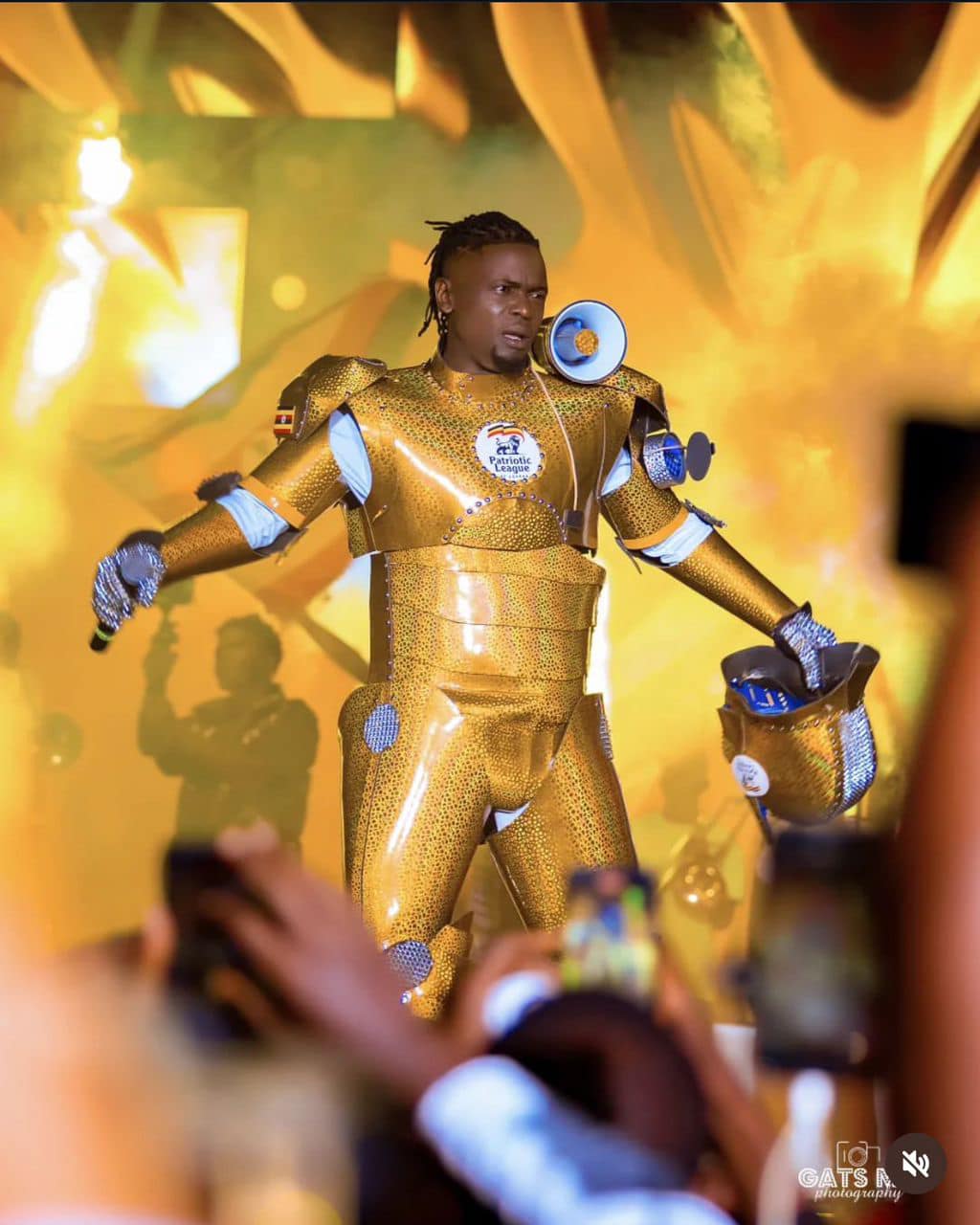 King Saha’s relationship with Chameleone is the contrast with Chameleone’s mentorship of his brothers, Weasel and Pallaso (Courtesy Pic)
King Saha’s relationship with Chameleone is the contrast with Chameleone’s mentorship of his brothers, Weasel and Pallaso (Courtesy Pic)
While Chameleone’s brothers seem to thrive under his guidance, Saha’s experience was different. The contrast brings into focus Chameleone’s selective support and raises questions about how mentorship within the music industry is often tied to personal or familial connections. Saha’s alienation from this circle likely added to his resentment, fueling his perception that Chameleone was holding him back.
Defiance Against the Establishment: Eddy Kenzo and the Federation
King Saha’s issues with Eddy Kenzo and the Uganda Musicians Federation tie into his broader struggle for independence. The Federation, led by Kenzo, seeks to create a structured body for musicians, but Saha has openly rejected its leadership. His defiance speaks to a deeper mistrust of the structures established by the older generation of musicians, whom he believes don’t have the best interests of younger artists at heart.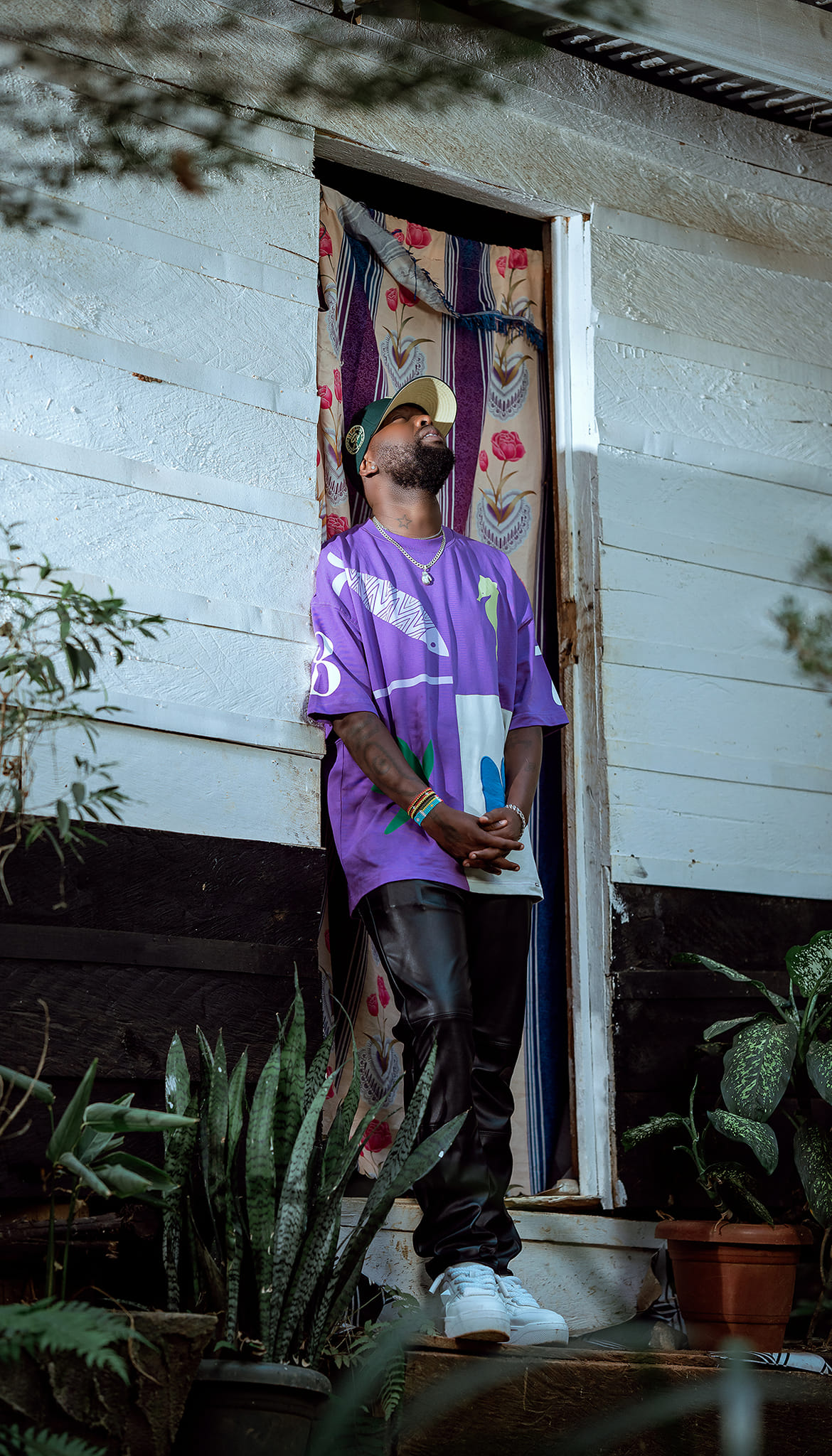 The Federation, led by Kenzo, seeks to create a structured body for musicians (Courtesy Pic)
The Federation, led by Kenzo, seeks to create a structured body for musicians (Courtesy Pic)
Saha’s refusal to join the Federation isn’t just about opposition to authority; it’s about carving out a unique path that isn’t dictated by industry gatekeepers. He sees the Federation as an extension of the same power dynamics that kept him from fully flourishing under Chameleone’s mentorship and put him at odds with Bebe Cool. Saha’s decision to reject these established structures signals a larger battle for autonomy in an industry where power is tightly held by a few key figures.
Conclusion: A Battle for Legacy
King Saha’s grievances with Chameleone, Bebe Cool, and Eddy Kenzo are part of his broader battle for legacy in Uganda’s music scene. His journey is marked by personal and professional frustrations, stemming from strained mentorship, public feuds, and resistance to established industry structures. Saha’s story is not just one of rivalry but also of generational change—a struggle to break free from the shadows of legendary figures and forge a path of his own. As Saha continues to defy the older generation, his quest for recognition and independence becomes a defining narrative in Uganda’s evolving music industry.

Award winning journalist and writer who has worked as a stringer for a couple of acclaimed South Africa based German journalists, covered 3 Ugandan elections, 2008 Kenya election crisis, with interests in business and sports reporting.




